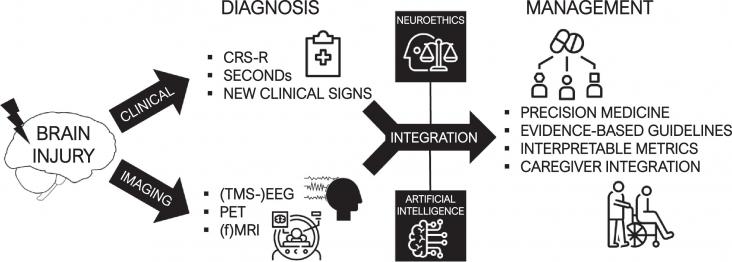This Article supports SDGs 3 and 13 by estimating how global income inequality might have to be reduced in order to ensure both decent living standards and reductions in global energy use for planetary health.
This article ties to SDG 3. This study aimed to synthesize the literature on evaluations of psychosocial support interventions for populations affected by forced displacement.
This article ties to SDG 3. This systematic review evaluated Compassion Focused Therapy (CFT), specifically and only within clinical populations, offering relative homogeneity combined with a rigorous approach.

This article advocates the creation of tight partnerships between research teams and clinical units to translate the neuroscience of consciousness into better post-coma care.
This paper concludes that ASF (animal-source foods) production generally has a large environmental impact; yet, when produced at an appropriate scale and in accordance with local ecosystems and contexts, livestock can play an important role in circular and diverse agroecosystems that, in certain circumstances, can help restore biodiversity and degraded land, mitigate Green House Gas emissions from food production, and contribute to food security and nutrition for populations worldwide.
The article investigates the role of environmental pollutants, especially endocrine disrupting chemical, and their negative effect on fertility.
Emerging Practices in Telehealth: Best Practices in a Rapidly Changing Field, 2023, Pages 131-140
This chapter advances the UN SDG Goal 3: Good Health and Goal 10: Reduced Inequalities by hihglighting low to high technology options, telehealth platform training for support staff and providers, subsidized and improved budgets for telehealth, and improved reimbursement as vital steps to close the digital divide and improve health-care disparities.
This article ties to SDG 3 & 4. This study evaluates the effectiveness of trauma-focused cognitive behavioral therapy (TF-CBT) in a group format delivered by lay counselors to children with trauma-related symptoms in China.
There is a growing concern regarding the potential health effects that continuous exposure to environmental micro- and nano-plastics (MNPLs) may cause on humans.
This article looks at changes in stress levels and study habits during the COVID-19 pandemic across students at HBCUs.
